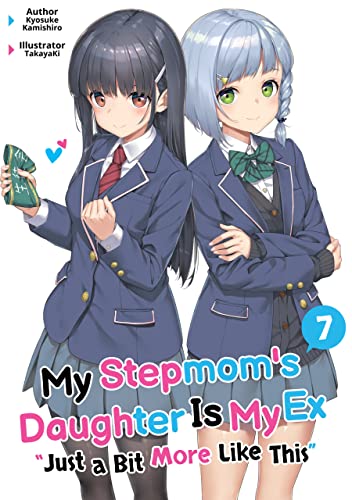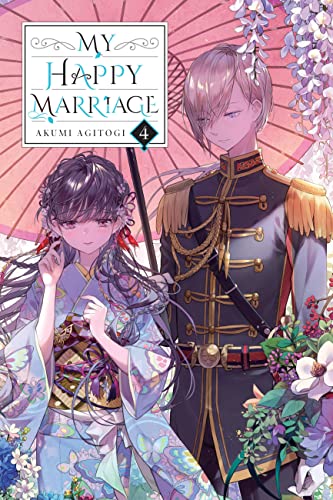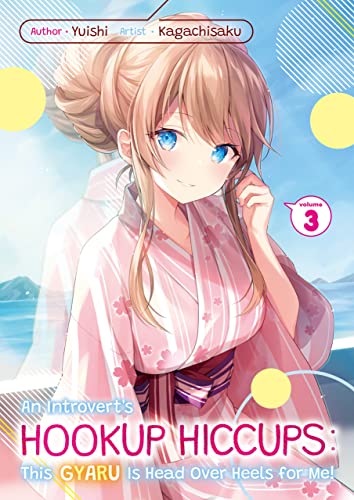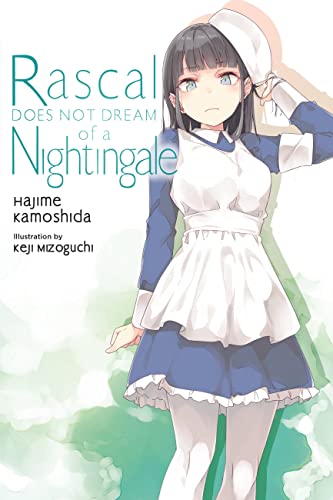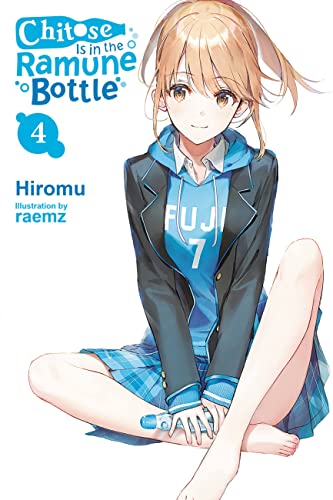If you weren’t able to attend Anime Expo, fear not: Brigid Alverson has a handy round-up of major licenses from Kodansha, which include a new edition of Initial D and a new series from Tsutomu Nihei (Blame, Knights of Sidonia), while Josh Piedra runs down the licensing news from Square Enix, VIZ, and Yen Press. Also of note: Noir Caesar will be teaming up with Tezuka Productions for a new graphic novel based on Alabaster… UDON announced four new acquisitions… and the final volume of Mashle: Magic and Muscles will be published in Japan on October 4th.
AROUND THE WEB
This week’s must-read essay focuses on Yokohama Kaidashi Kikou, “the poster child of mono no aware works in otaku media.” It’s a lovely reflection on why this series remains a touchstone nearly three decades after its initial publication, and how it inspired more recent titles such as Girls’ Last Tour. [Sakuga Blog]
Jon Holt and Teppei Fukuda translate Natsume Fusanosuke’s essay “Memories of the Live-In Age: Hayashi Sei’chi and Kamimura Kazuo’s Dōsei Manga.” [The Comics Journal]
The Mangasplainers share an excerpt from Akino Kondoh’s delightful Noodling in New York, an autobiographical comic about her life in the Big Apple. [MSX: The Mangasplaining Extra Newsletter]
Martin de la Iglesia just published The Early Reception of Manga in the West, which “examines what the first translated editions of Kazuo Koike and Gôseki Kojima’s Lone Wolf and Cub and Shôtarô Ishinomori’s Japan Inc. looked like, and how readers in the United States and in Germany reacted towards these manga.” [The 650-Cent Plague]
Vonmandelbrot offers his thoughts on the value of slow reading. [The Taishō Café]
Bill Curtis compiles a list of July’s new manga and light novel releases. [Yatta-Tachi]
New month, new manga: The Reverse Thieves name Summer of You as their pick of the month. [Reverse Thieves]
If you’ve been curious about Akane-banashi, let Chike Nwaenie persuade you to try this entertaining series about a young woman breaking into the male-dominated world of rakugo. [How to Love Comics]
Jocelyne Allen recommends Ami Uozumi’s Tsumetakute Yawaraka, a manga about two thirty-something women dancing on the edge of a relationship. [Brain vs. Book]
Erica Friedman explains why she resonated with the Super Cub anime and manga. “Mainstream media, focused on stories of romance and – oh, you know straight women doing straight women things with wine and man bashing and other things completely alien to me – rarely shows women just relying on each other, being there for each other,” she observes. “Which is why I so obsess over She Loves To Cook, She Loves To Eat. Super Cub does tell just exactly this story, from the perspective of a girl who has been so cruelly treated by life, she literally describes herself as having nothing in every way. By the end of this volume, she has one thing – Koguma has a Super Cub – and that one thing is going to lead her to many other things.” [Okazu]
LISTENING IN
The OverMangaCast gang are “dialing up the patriotism” with a roundtable on volume three of Eagle: The Making of an Asian-American President. [OverMangaCast]
Is Takeki Ryuusei worth a look, or is it just another Fist of the North Star wannabe? David and Jordan investigate. [Shonen Flop]
Honey and Vixen join Ashley for an in-depth conversation about Naoko Takeuchi’s Codename: Sailor V. [Shojo & Tell]
The Trash Manga Friends discuss Dark Gathering, “a supernatural horror manga about one lil’ girl’s quest… to help save her family and friends from eternal damnation.” [Trash Manga Friends]
If you thought Kindergarten Cop was too tame, the Mangaroos have the series for you: Kindergarten Wars, an action-comedy set at a preschool “where the children of the world’s super-elite” are supervised by “lethal assassins.” [Mangaroos]
REVIEWS
Over at Anime News Network, MrAJCosplay describes Tatsuki Fujimoto’s Goodbye, Eri as “a quiet story that plays with your expectations to the point where it feels like you’re questioning reality by the time you reach the end”… the latest Reader’s Corner offers a smorgasbord of short reviews… and Paloma Linares tackles Satoshi Kon’s OPUS, “a mind-bending dreamlike piece of metafiction, which foreshadows the themes and style of Kon’s future projects.”
New and Noteworthy
- Appare-Ranman! (Adam Symchuk, Asian Movie Pulse)
- Boy’s Abyss, Vol. 1 (Sara Smith, The Graphic Library)
- A Business Proposal, Vol. 1 (Noemi10, Anime UK News)
- Centaurs, Vol. 1 (Rebecca Silverman, ANN)
- Goodbye, Eri (Sara Smith, The Graphic Library)
- Handyman Saitou in Another World, Vol. 1 (Adam Symchuk, Asian Movie Pulse)
- Like a Butterfly, Vol. 1 (Sakura Eries, The Fandom Post)
- Offshore Lightning (Publisher’s Weekly)
- A Reincarnated Witch Spells Doom, Vol. 1 (Adam Symchuk, Asian Movie Pulse)
- Scribbles, Vol. 1 (Sakura Eries, The Fandom Post)
- Sundome!! Milky Way, Vols. 1-4 (That Manga Hunter)*
- Villains Are Destined to Die, Vol. 1 (Sara Smith, The Graphic Library)
- Wolverine: Snikt! (Hagai Palevsky, The Comics Journal)
Complete, OOP, and Ongoing Series
- Hi, I’m a Witch, and My Crush Wants Me to Make a Love Potion, Vol. 2 (Demelza, Anime UK News)
- Honey Lemon Soda, Vol. 2 (Demelza, Anime UK News)
- Kaiju No. 8, Vol. 6 (King Baby Duck, Boston Bastard Brigade)
- Mao, Vols. 6-7 (SKJAM! Reviews)
- Monster and the Beast, Vol. 4 (Sarah, Anime UK News)
- Undead, Unluck, Vol. 11 (King Baby Duck, Boston Bastard Brigade)
* NSFW content!




